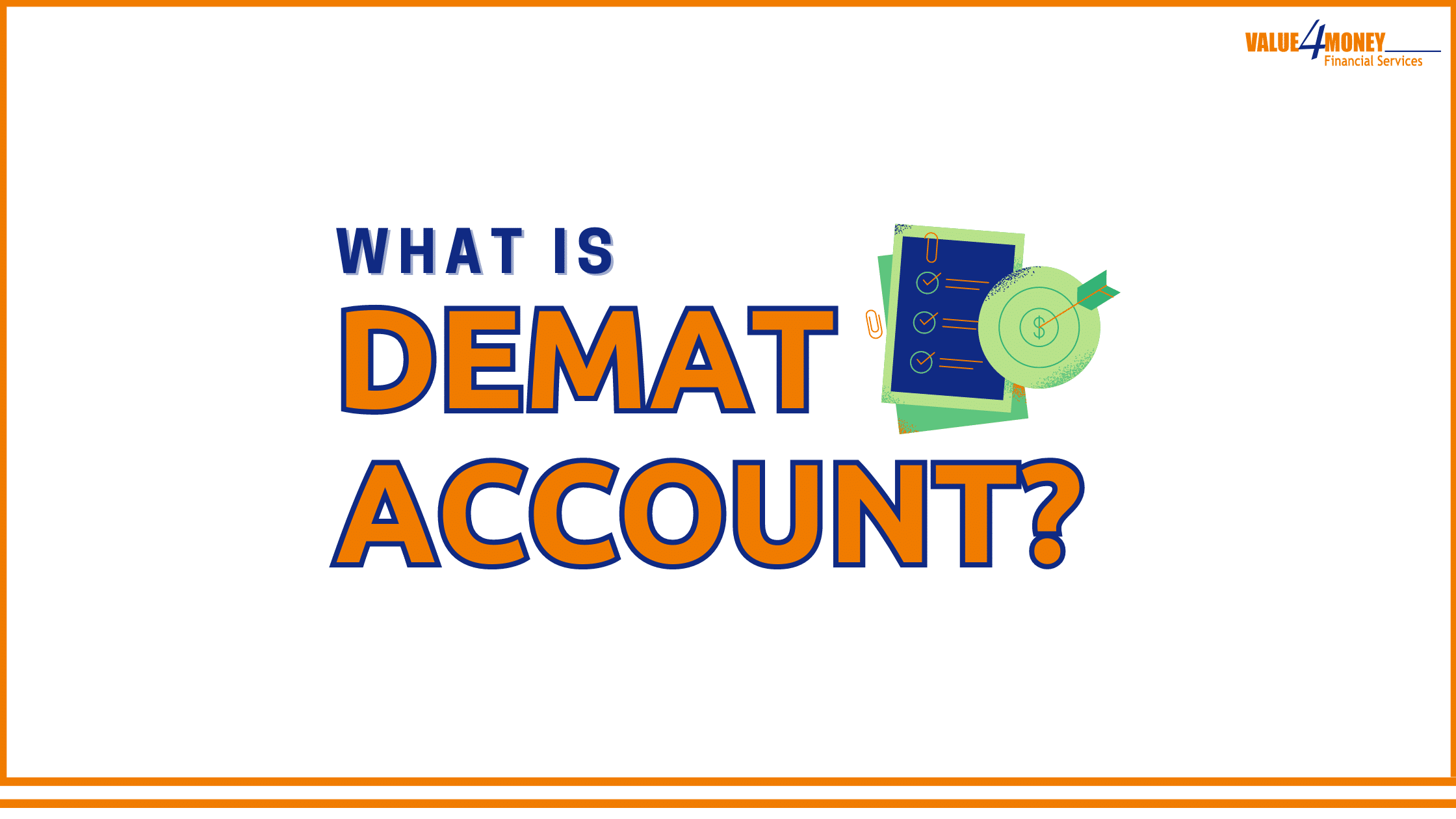In today’s fast-paced world of investing, it is essential to keep up with the trends and take advantage of modern financial tools. One such tool is a Demat Account, which has revolutionized the way securities are held and traded. But what exactly is a demat account, and why is it so valuable? In this article, we will delve into the concept of a Demat account and explore its various types.
What is Demat Account and What is the use of it?
A Demat account, short for “dematerialized account,” is an electronic repository where an investor’s securities and other financial instruments are held in digital format.
It serves as an alternative to the traditional method of holding physical share certificates. With a dematerialised account, investors can conveniently buy, sell, and transfer securities electronically, without the hassle of physical paperwork
Types of Demat Accounts
There are majorly three kinds of Demat Accounts. It is based on repatriation, linkages and cost. Know the types of demat account that can be of use to you.
Regular Demat Account
This type of demat account is ideal for individual investors who trade in equity shares, bonds, or other securities for personal investment purposes.
It offers the flexibility to hold various types of securities, including equities, government bonds, mutual fund units, and exchange-traded funds (ETFs).
Regular dematerialised account are suitable for both long-term investors and active traders seeking short-term gains.
Repatriable and Non-repatriable Demat Accounts
Repatriable demat accounts are designed for non-resident Indians (NRIs) who wish to invest in the Indian stock market. These accounts allow funds to be repatriated overseas.
Non-repatriable dematerialised account are also meant for NRIs, but in this case, the funds cannot be repatriated to their home country.
Corporate Demat Accounts
Corporate demat accounts are specifically created for companies and institutions to hold their securities. This type of account streamlines the process of managing company-owned assets and facilitates easy transactions.
The Benefits of a Demat Account
Here are some Benefits of having a Demat Account:
Easy and Convenient
A Demat account eliminates the need for physical share certificates, making the process of buying, selling, and holding securities seamless and hassle-free.
Investors can access their accounts online at any time, enabling them to monitor their portfolios and execute transactions from the comfort of their homes or offices.
Safe and Secure
With a Demat account, the risk of loss or damage to physical share certificates is eliminated.
The securities held in a dematerialised account are protected through stringent security measures, reducing the chance of fraud or theft.
Cost and Time Efficient
By eliminating the need for physical paperwork, a demat account saves time and reduces administrative costs associated with handling share certificates.
Investors can also avoid stamp duty charges that are applicable when transferring physical share certificates.
Nomination Facility
A Demat account allows investors to appoint a nominee who will inherit the securities in case of the account holder’s demise.
This provides a smooth transition of ownership and simplifies the legal process for the nominee.
What is Dematerialization?
Dematerialization is the process of converting physical securities into electronic form, thus facilitating their storage and trading in a demat account.
This process involves submitting physical share certificates to a registered depository participant, who verifies their authenticity and creates electronic records of the securities.
Dematerialization not only enhances the security and efficiency of the market but also promotes liquidity and transparency.
How to Select the Best Demat Account for Trading
When it comes to selecting the best demat account, certain factors should be considered to make an informed decision. Here are some key aspects you should consider while selecting
Brokerage Charges
Different brokers charge varying brokerage fees for the services provided. It is crucial to compare these charges to ensure they align with your trading requirements and financial goals.
Account Maintenance Charges
Some demat account providers impose account maintenance charges. It is essential to understand the fee structure and select an account that offers reasonable charges, considering your trading frequency and investment portfolio.
Technology and User Interface
The ease of using the trading platform and the availability of mobile applications play a vital role in providing a seamless trading experience. Opt for a provider that offers intuitive technology and a user-friendly interface.
Research and Analytical Tools
If you rely on research and technical analysis to make trading decisions, consider a demat account that provides access to comprehensive research reports, charting tools, and other analytical resources.
Customer Support
Efficient and responsive customer support is crucial, especially during market hours. Look for a demat account provider that offers reliable customer support through various channels, such as phone, email, or live chat.
Conclusion
In conclusion, a demat account offers immense benefits to investors by simplifying the process of holding, trading, and transferring securities. Whether you are an individual investor, an NRI, or a company, there is an account tailored to meet your specific needs.
By embracing dematerialization and making informed decisions when selecting a demat account, investors can navigate the complexities of the financial market with ease, security, and convenience.
So, get started today and start investing mindfully in equity, mutual funds, or any other financial instruments.Unlock the potential of a Demat account for your investment journey.
